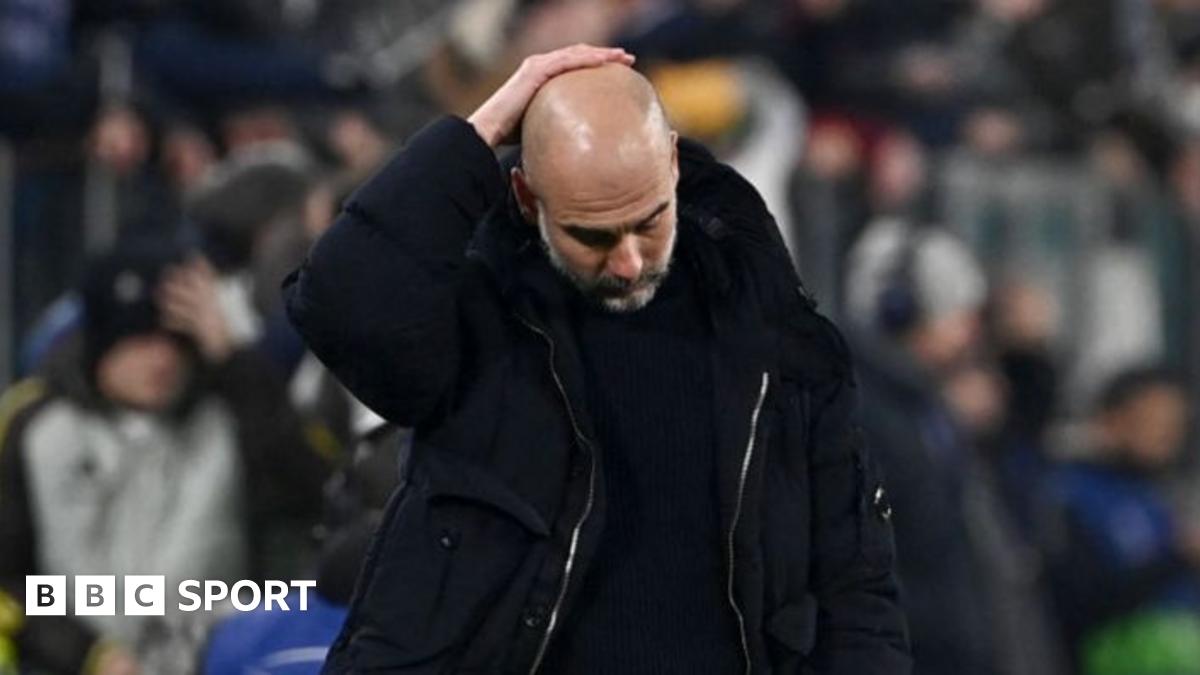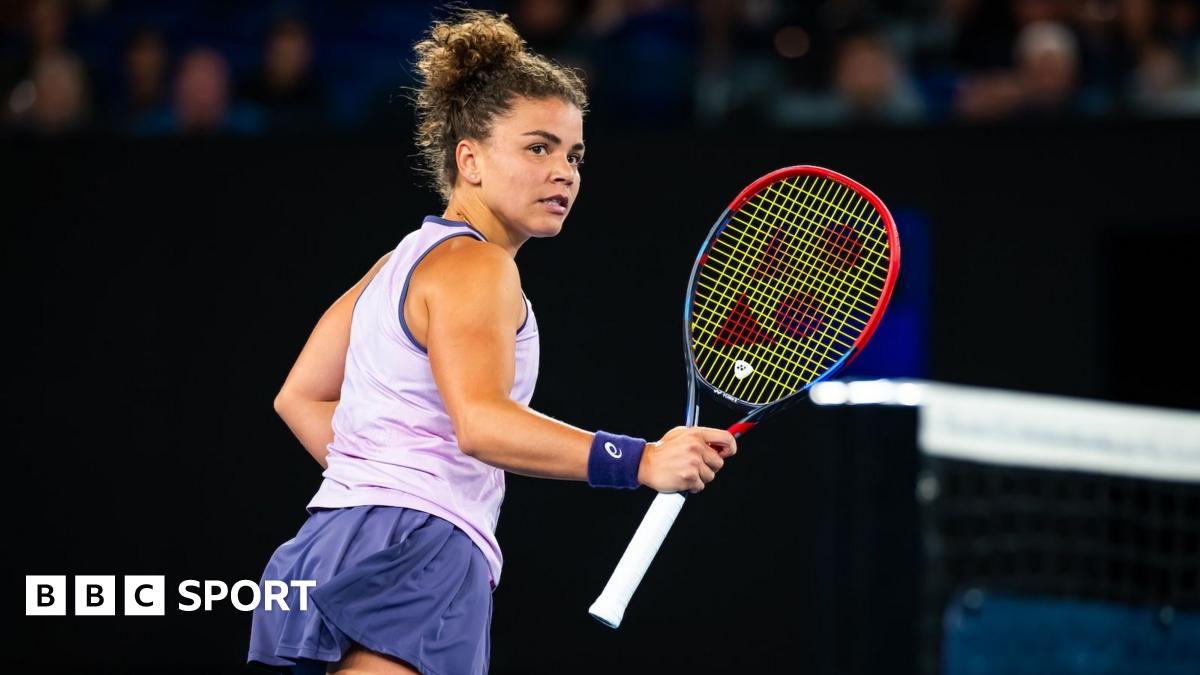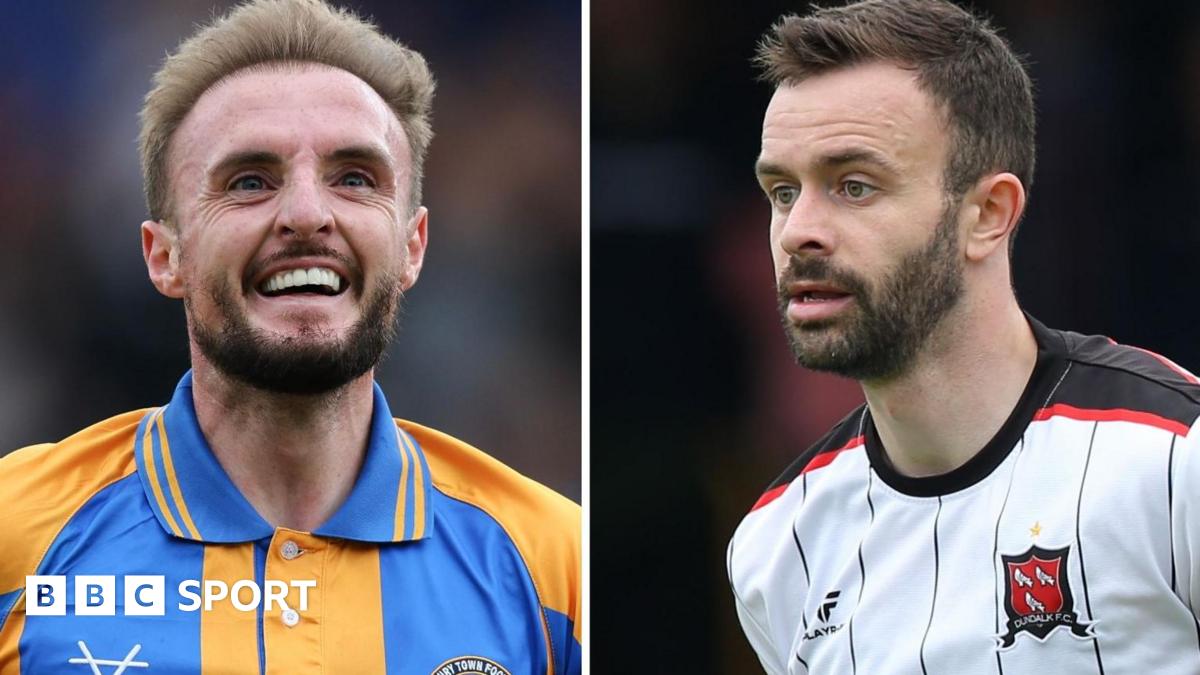ARTICLE AD BOX
Hundreds of Britain's Olympic and Paralympic athletes may be unable to afford to compete through to the Los Angeles Games in 2028 unless funding increases, a new survey indicates.
When questioned by the British Elite Athlete Association (BEAA), some 64% of the 189 athletes surveyed said they would quit their careers if the money they receive did not improve.
A further 21% said they would be unsure about continuing if their funding stayed the same.
Only 15% agreed they could carry on with their current funding award.
The BEAA says the findings reveal "a significant threat to British sport".
The sample size of 189 represents roughly a sixth of the country's funded athletes, and included 87 who competed at the Paris Games this summer.
If the findings were scaled up to cover all funded athletes, the BEAA says 750 athletes would feel unable to represent their country in four years' time because of financial constraints.
Meanwhile, a group of British athletes has called on the government to find an urgent funding increase to prevent a "pending crisis".
Athletes are funded through grants, called Athlete Performance Awards (APAs), which are intended to allow them to focus on their sport.
Funding levels for the cycle through to Los Angeles are set to be confirmed by the government after the autumn Budget. It invested £385m of public money - Exchequer and Lottery funding - for the Paris Olympic and Paralympic cycle.
GB hockey captain and 2016 Olympic champion Hollie Pearne-Webb said: "Across sport I've seen athletes becoming increasingly reliant on their families to sustain their careers, or quit altogether because they can't afford to continue.
"A lot held on until Paris, but many won't be able to sustain themselves for another four years without higher grants, especially athletes from lower-income backgrounds. Over recent years many have become blocked from elite sport because of the personal finance needed to make ends meet now.
“Without urgently addressing athlete funding we'll force out the next generation of British Olympians and Paralympians, or restrict that honour to only the most privileged."
Pearne-Webb, who chairs a forum of athletes that feeds into sporting policy, has co-signed a letter with nine other elite athletes that was sent this week to culture secretary Lisa Nandy.
The forum, which includes Olympians like Asha Philip, Grace Reid and Brad Hall, and seven-time Paralympian Dan Greaves, called on the government to find an urgent funding increase.
"Athletes and their families have shouldered the burden of static grants throughout the cost of living crisis," the letter states.
"Now we are concerned that, with the sporting system under immense financial pressure, they will be asked to do so until at least 2028. Such a demand will have devastating consequences."
The BEAA estimates the average athlete earns less than £22,500 annually.
Its chairman Dominic Mahoney said: "We are profoundly concerned. Athletes are hugely grateful for the support they receive, and none would wish to be seen as unappreciative. But the reality is many have been forced out of sport already as inflation has outstripped grants for so long, and many more may soon quit under the strain of the cost of living crisis."
A government spokesperson said: "We are fully committed to multi-year funding for our elite sport system and enabling our athletes to excel on the world stage.
“This means supporting them financially to match and build on their success in Paris, helping them to deliver at LA 2028. We will set out further details at the Spending Review."
Funding agency UK Sport said: "We welcome the feedback from the athlete advisory forum and the BEAA, and appreciate them taking the time to raise this matter on behalf of the athlete community.
"Whilst the average annual APA amount has increased by just under 20% since 2013, we understand the financial pressures athletes face given the rising cost of living.
"We are, of course, considering this matter as we look ahead to the LA 2028 Olympic and Paralympic cycle, alongside other financial pressures which exist within the high performance sport community, as we work with government to confirm the level of investment available during this period."

 2 months ago
11
2 months ago
11








 English (US) ·
English (US) ·